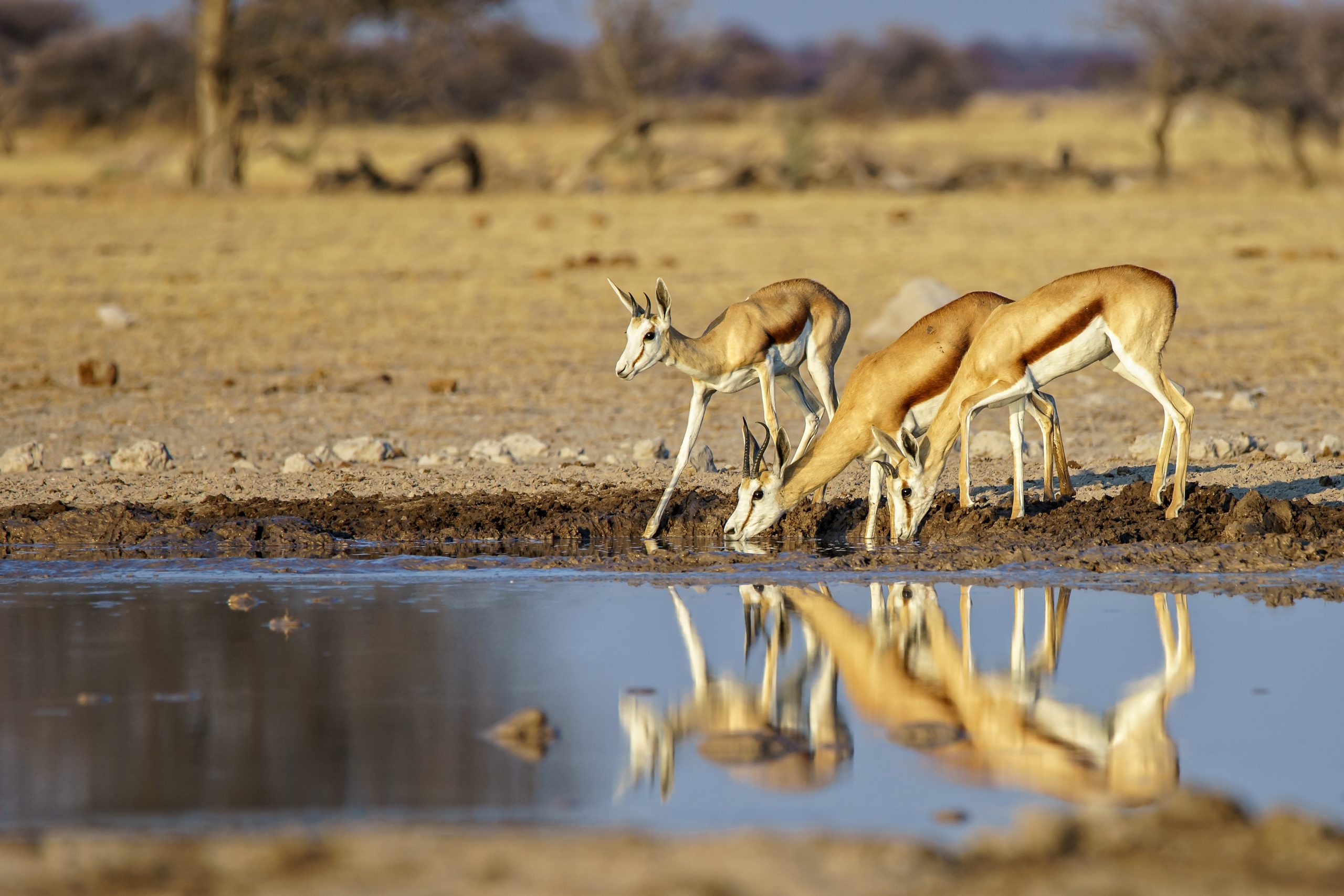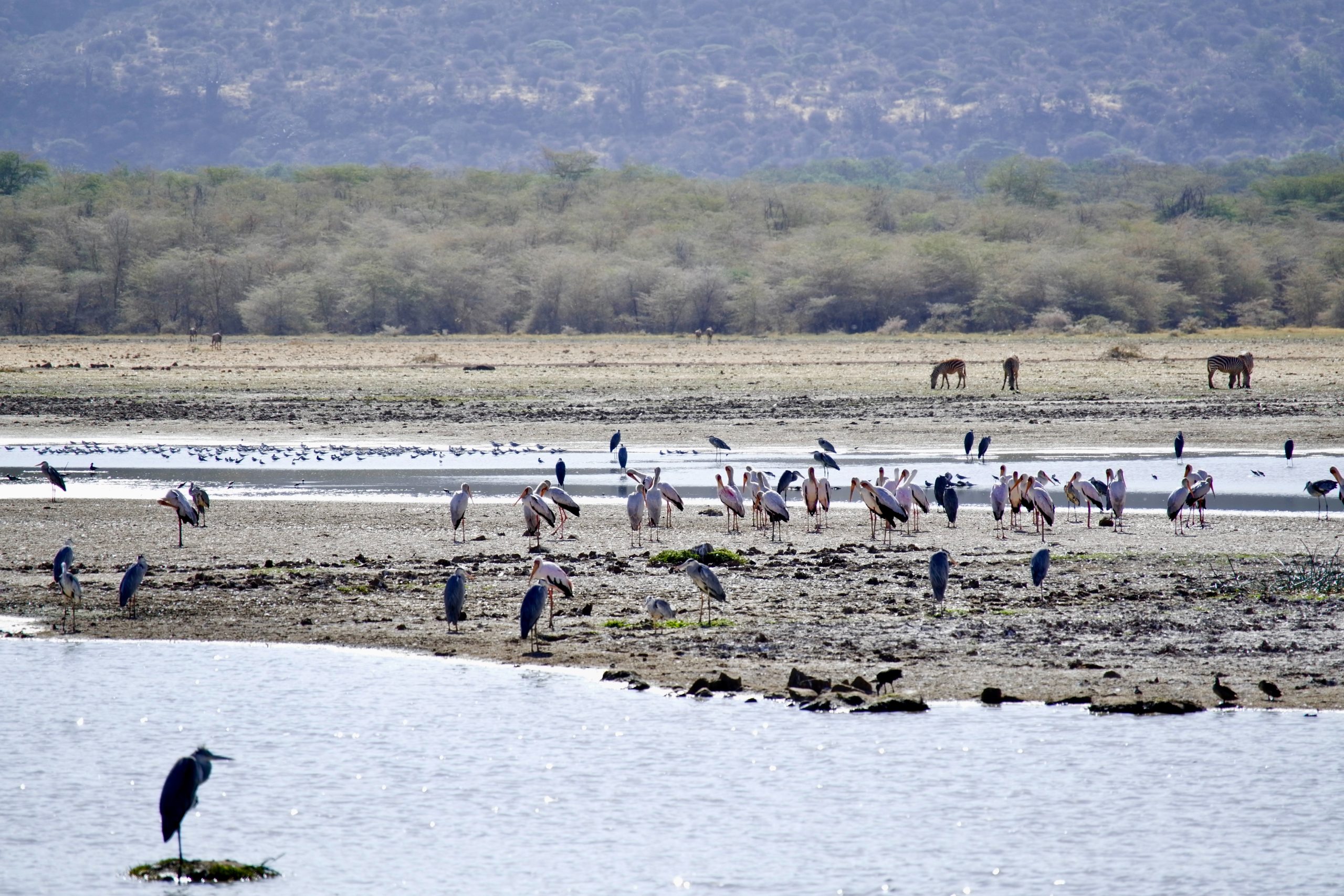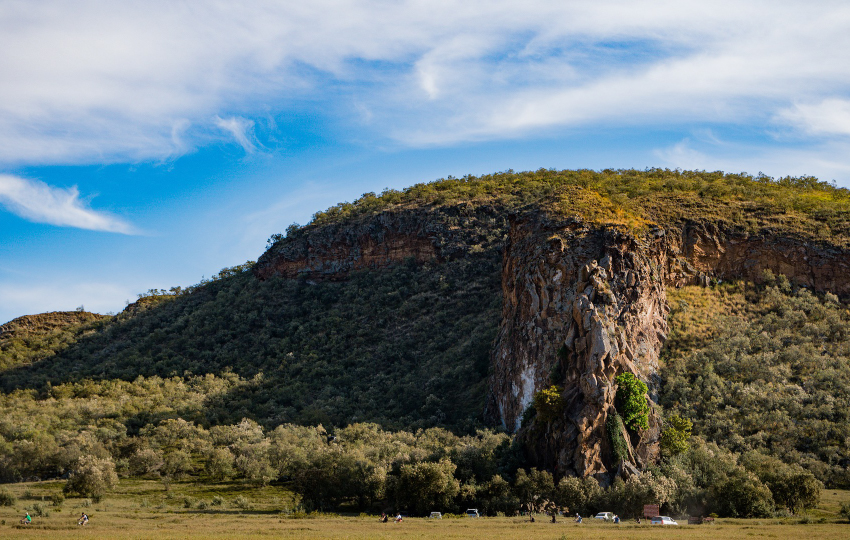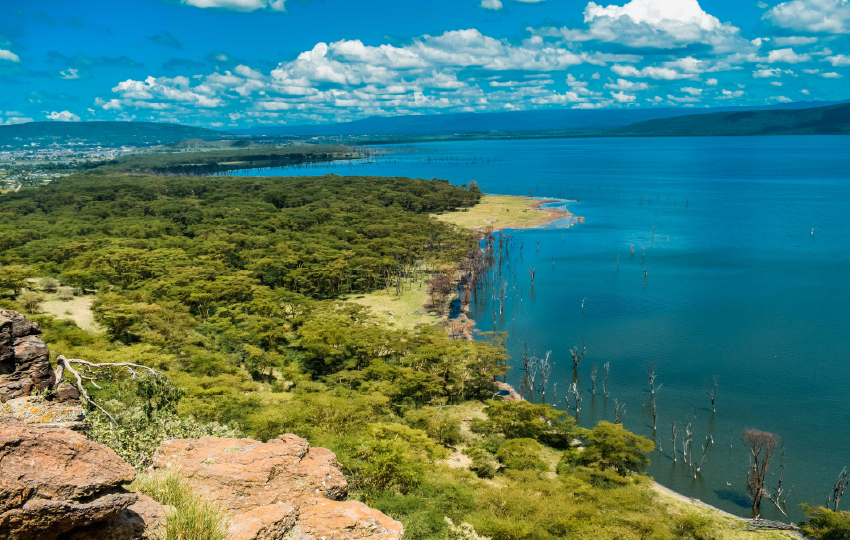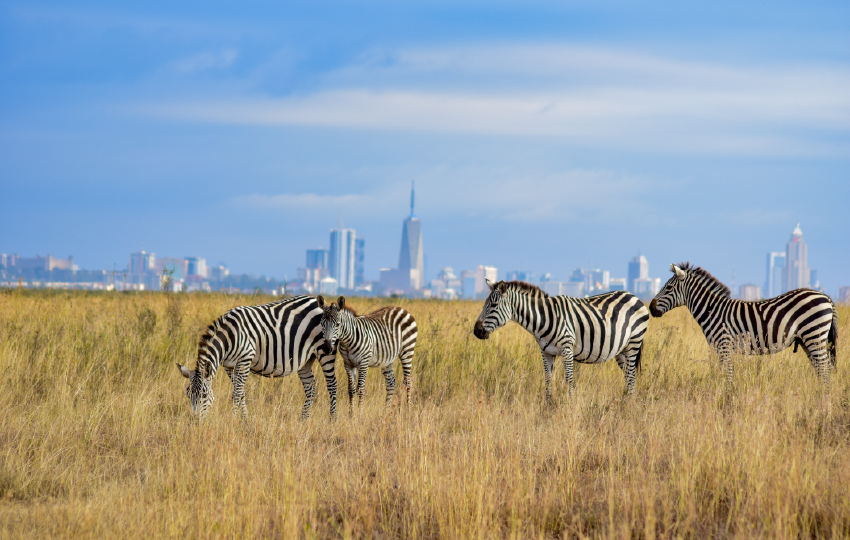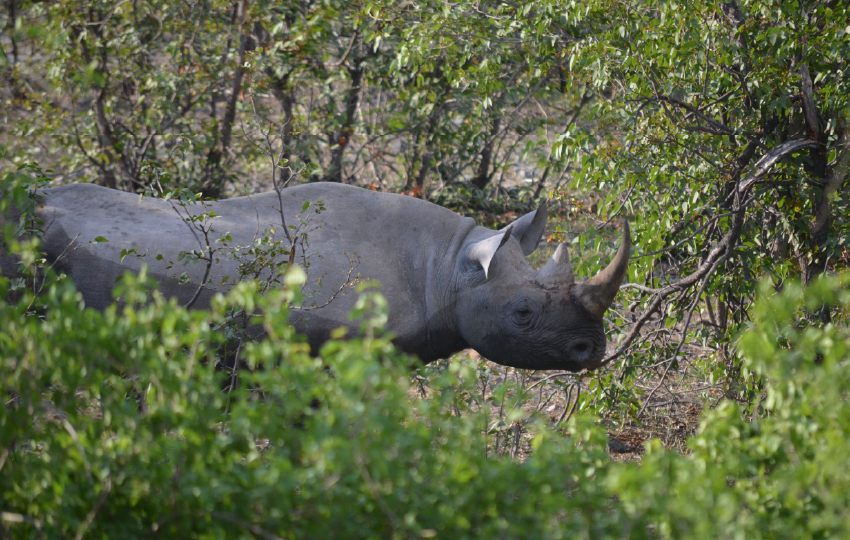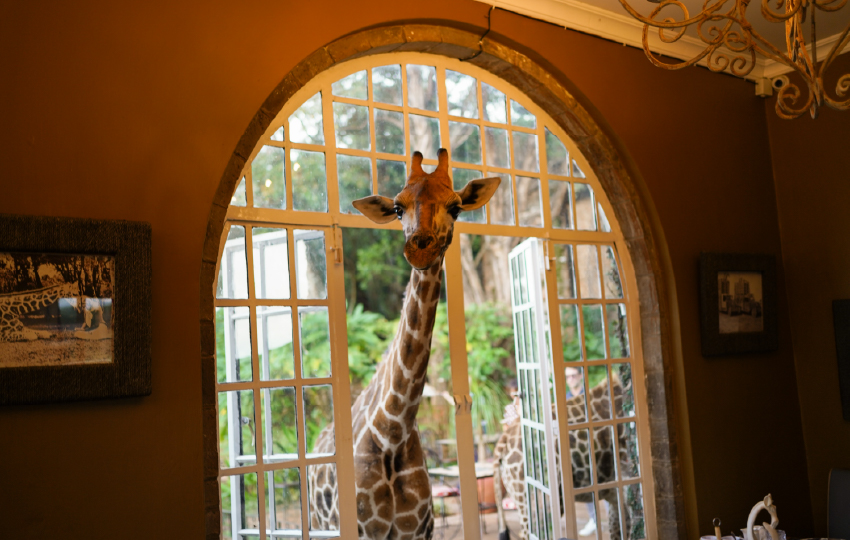East Africa Safari Holiday FAQs - Useful Tour Information & Advice
Planning an African safari tour can be stressful at times and you’ll have a lot of general tour questions which you’ll want answered before booking your tours to Africa. That said, our list below offers you a head start, making it easier to plan your safari adventure Frequently asked safari questions cover topics like what to pack, visa requirements, Africa wildlife sightings, best times to go for an African tour, and Africa safari tips.
Vaccinations required for Africa safari tour in 2023/2024 may include yellow fever, hepatitis A and B, typhoid, tetanus, polio, and depending on the region, malaria and meningitis vaccines might be recommended. Every destination is different as the government vaccine requirements vary. As standard, many safari areas have malaria present and medication is recommended.
Ensure you have the right vaccinations for travel to Africa before you set off on your trip. The vaccinations normally recommended for every country are: Yellow Fever especially in Kenya, hepatitis A + B, typhoid and diphtheria.
Compulsory Vaccination for Kenya and Uganda is a Yellow Fever inoculation.
Moreover, malaria is still on the list of vaccinations and common throughout all the areas we operate safaris, so we strongly advise you to take malaria prophylactics. It will be an inconvenience for you to experience delays and long waiting lists, so make sure you get your vaccinations booked up in advance!
Every destination is different as the government vaccine requirements vary. As standard, many safari areas have malaria present and medication is recommended.
It’s essential to consult with your healthcare provider for specific advice tailored to your itinerary and health needs.
Luggage weight limits when traveling to Africa can vary by airline and ticket class, but standard allowances often range from 15kg (33lbs) to 20kg (44lbs) When it comes to packing your bags for your Africa safari, you need to consider restrictions for any light aircraft flights by checking with your airline for precise limits recommendations.
East Africa safari visa and entry requirements vary by country, but generally, travelers may need a visa for entry. Countries can change their requirements and advice at short notice, so check the latest information.
Commonly visited countries like Kenya, Tanzania, Rwanda, and Uganda often require a visa, which can be obtained upon arrival or online, but specific regulations should be checked at relevant authorities sites to get the most up-to-date visa information. Make sure you have everything you need to travel to and from your destination with ease.
The amount of cash to bring on an Africa safari depends on personal spending habits and the destination, something often overlooked in trip preparations. It’s advisable to carry a mix of cash and cards, you will find it easiest to make small purchases in local currencies and will usually receive a better price and also change when required. Carrying cards for larger expenses is advisable due to safety and convenience.
Local cash comes in handy when you want to buy meals, drinks, and any activities not included in your itinerary. If you want to tip your guide/driver, this is always done in cash. But also keep in mind tipping in an African safari is ALWAYS completely optional, and you should feel free to tip however you see fit.
Pack lightweight, comfortable, and casual clothing for a Kenyan safari, including long sleeves, pants, comfortable closed-toe shoes, a wide-brimmed hat, and layers for cooler mornings and evenings on game drives. For more details, we suggest you do your own safari packing essentials and find out what fits your interests.
Browse our safari clothing packing advice on what to pack for your African tour:
- Lightweight trousers /shorts and t-shirts remain ideal for the daytime drives.
- Lightweight jacket / fleece for the early mornings and evenings.
- Remember to also pack some warm socks and a woolly hat would be suggested for early morning and evening game drives.
- Hiking shoes
Other items we would suggest you bring along with you include:
- Sunscreen glasses & hat/cap
- Comfy Shoes / Sandals
- Flip Flops to wear during the day
- A Torch / Lamp
- Binoculars
- Phone/laptop charger
- Pack your medication, and a spare set of spectacles or contact lenses if you wear these.
The best time to witness the dramatic Masai Mara wildebeest migration in Kenya is typically between mid-July through mid-September where your chances of witnessing a river crossing are generally much higher. In early October marks the end of the herd crossing the river from Kenya down into Tanzania, as thunderstorms begin in the north the herds will embark on their return journey back to the Serengeti.
Checkout our Migration safari offers.
Choosing between Kenya and Tanzania for an African safari depends on personal preferences, BUT Kenya is the most chosen being cost & budget friendly during both high and low seasons. Secondly, when it comes to the best places to stay in Kenya and Tanzania, both destinations offer fantastic accommodations. Thirdly in terms of Big 5 sightings, the wildebeest migration & general game viewing, both destinations are safari heavyweights. In terms of privacy and extending your safari beyond game drives, there are more private conservancies in Kenya than Tanzania which offer you plenty of activities inside the park.
Lastly, Kenya safari is the most sought-after destination for the world’s best safari experiences, evident from the large number of celebrities visiting year in year out.
We tend to enforce a maximum person per vehicle policy of 6. Meaning, although you’ll be sharing with other guests, everyone will get a side-view seat with unhindered views.
Some trips are designed in such a way that a private vehicle and guide are included for a portion of the trip, but the use of a private vehicle throughout your safari comes at an additional cost.
The ideal duration for an East Africa safari package often ranges from 5 to 14 days, this allows you to enjoy a comfortable and a well-rounded rewarding safari experience during this African tour package. It also depends on the destinations you will visit, wildlife interests, and personal preferences.
We have a 24 hour emergency line. If anything goes south, we’re ready to assist you regardless of time or date.
Many tented camps in Africa provide fitted mosquito nets in all rooms which are also insect proofed to protect you against malaria mosquito bites and other insect bites, ensuring a comfortable and safe stay.
It’s also advisable to carry insect repellent to further protect yourself especially in the outdoors during evenings.
Having Trouble?
Have any further question about your Africa safari that we haven’t answered above? Contact our office and we’ll be more than happy to answer any of your queries.
Best Short African safaris
